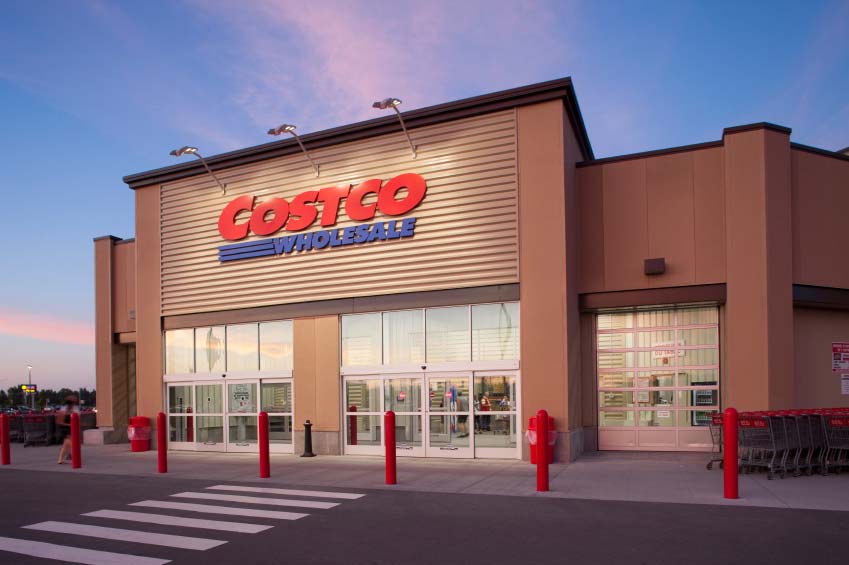
Steve Canty, Director
GRS | Corteq
(858) 433-0441
[email protected]
Amazon caused a major stir when it purchased Whole Foods earlier this year, rattling commercial real estate grocery sector of retail.
That’s not the only recent change. Walmart is offering same-day pickup at many of its stores, regional chains are upping their specialty foods games and many players, like dollar stores, are widening their supermarket selections.
Well, two new developments have taken place in the last few months. Costco is offering same-day grocery delivery, and Europe-based discounter ALDI boosted its U.S. expansion plans tremendously.
In the case of Costco, this development is a bit curious. One of the leaders in experiential retail, shoppers often go there for the “treasure hunt,” since product offerings can commonly change. Plus, shoppers like all of the free samples offered to taste, inexpensive in-store dining and the other merchandise that Costco sells.
The company is using grocery delivery app Instacart to handle the online orders. Delivery of at least $75 of goods is free, while prices will be from 15 percent to 17 percent higher than shopping at physical stores. There is a one-hour window for same-day delivery, though, and it could be beneficial for customers who might not live all that close to the nearest Costco.
Over the summer, ALDI announced plans to spend $3.4 billion in efforts to grow its U.S. store count to 2,500 units by 2020 from its current stock of 1,600. There are 2,000 planned by the end of next year. The move would make it the third largest grocery chain in the United States.
The retailer, based in Germany, is making waves domestically with its blend of value-priced private-label items that are viewed as higher quality than some name brands and fresh produce. Similar to Costco, ALDI has a bare-bones store model, and in addition, sells significantly fewer items than traditional rivals, keeping operating costs lower.
In addition, it’s Germany-based rival Lidl, which has a similar business model, plans to have 1,000 stores here by 2021.
The grocery industry, which at the beginning of the century was mostly characterized by competitors pretty much doing the same thing. That has drastically changed. Now there are so many different chains with different strategies and non-traditional grocers in the fray that food retailing has become one of the most interesting and changing areas of retail real estate.
About GRS Group
GRS Group is a leading provider of commercial real estate (“CRE”) services worldwide. With offices across the United States, Europe, and affiliates around the globe, GRS Group provides local market knowledge with a global perspective for institutional real estate investors, occupiers and lenders worldwide. The GRS Group team has evaluated and advised on over $1 trillion in CRE transactions.
Through the company’s proprietary management process, Global Services Connection, GRS Group delivers an integrated suite of services including Financial Advisory, Transaction Management, Assessment and Title Insurance. We provide a single point of contact, capable of leveraging the GRS Group portfolio of companies and delivering customized solutions to assist our clients in achieving their investment goals.

